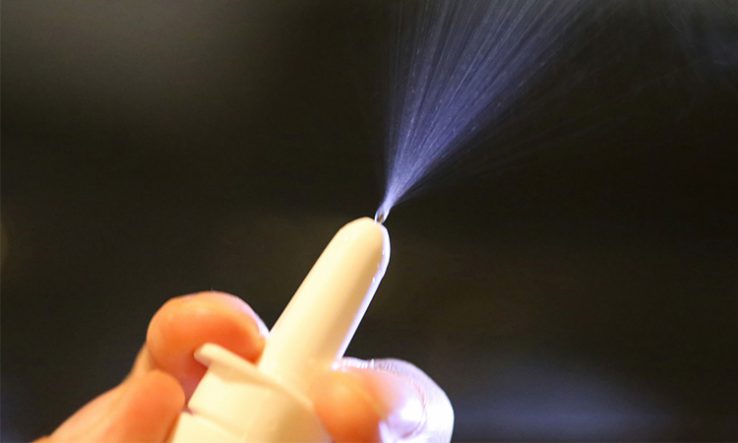
Lancaster team touts another contender in quest for easier administration of coronavirus vaccinations
Lancaster University scientists have developed a Covid-19 vaccine that can be administered nasally, as researchers increasingly focus on avoiding needles and other costly barriers to widespread distribution of vaccines.
The Lancaster team said their vaccine spray—based on a poultry virus engineered to produce the spike proteins of the coronavirus—is showing good results in animal tests.
“We found that administering this vaccine through a nasal spray completely protected the animals from shedding the virus which causes transmission of the virus,” said virologist Muhammad Munir.
Vaccination is continuing apace in many western nations, but these efforts are underpinned by cold storage to keep the vaccines stable and dedicated medical teams to administer them. Making both distribution and administration easier is now a research priority.
One oral vaccine is already in early clinical trials, underpinned by technology developed in the UK. Kate Bingham, former chair of the country’s Vaccine Taskforce, recently advocated development of nasal, oral and skin-patch vaccines, to complement existing vaccines and make widespread delivery easier in less developed countries.
‘Economical production’
The Lancaster team says that as well as being easier to administer than injections, their vaccine could be scaled up and distributed using the existing global infrastructure for flu vaccines.
The vaccine still needs to go through human trials and medicines approval, but team member Mohammed Rohaim, a senior lecturer at the university, said “the scalability and economical production make this vaccine candidate suitable for low- and middle-income countries”.
Even those researchers who have already got vaccines to market are thinking along similar lines to look at improvements.
Sarah Gilbert is a professor of vaccinology at the University of Oxford and led the effort on the Oxford-AstraZeneca vaccine, which is already being administered across the country.
She said her team is “also thinking about second generation formulations of the vaccine”, which could include nasal sprays. “It would have a lot of benefits for vaccine rollout if you did not have to use needles and syringes on people,” she added.
So far, 62 out 64 Covid-19 vaccines in clinical development are injections, according to the World Health Organisation pipeline list.